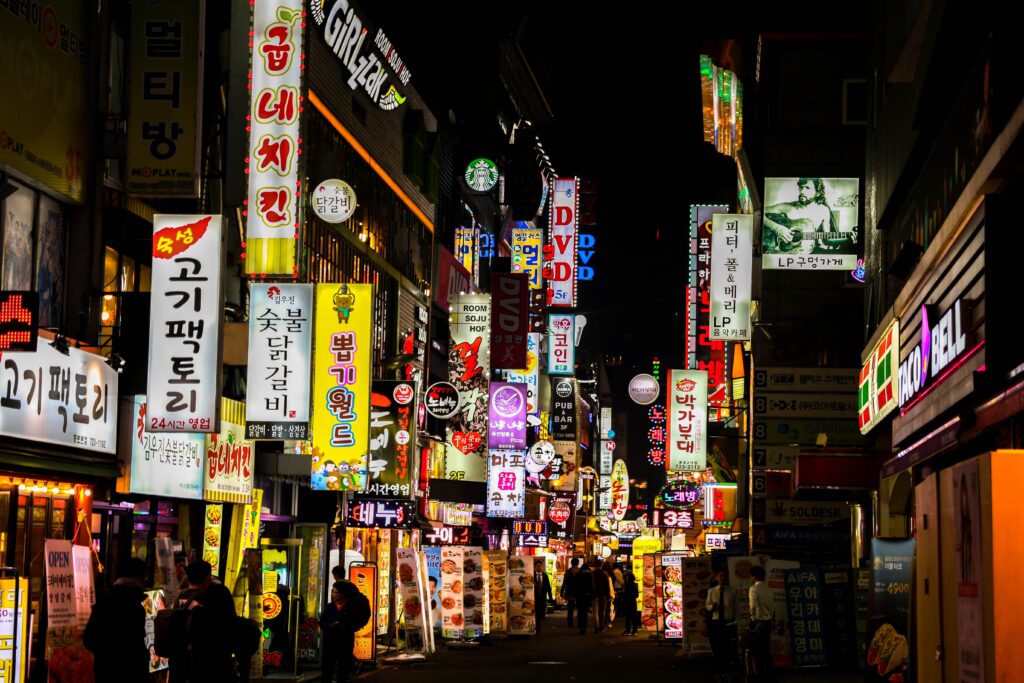In recent years, South Korea has become a battleground for a societal shift as the #MeToo movement gains momentum, sparking conversations about gender, power dynamics, and accountability. As the movement challenges deeply ingrained norms, it raises a crucial question: Is South Korea’s #MeToo movement an instrument for holding abusers accountable, or is it perceived as a threat to traditional male power structures?
Unveiling the Silence:
The #MeToo movement in South Korea, much like its global counterparts, originated from a shared discontent with the pervasive culture of silence surrounding sexual harassment and assault. What started as a series of revelations on social media platforms swiftly evolved into a formidable force, encouraging survivors to step forward and speak their truth. The movement empowered victims to break free from the shackles of fear and shame, fostering an environment where individuals felt supported and believed.
Accountability in the Spotlight:
One of the central objectives of the #MeToo movement is to hold perpetrators accountable for their actions. The movement has brought to light numerous cases involving powerful figures in various industries, from entertainment to politics and beyond. By exposing these wrongdoings, the movement has sent a clear message that no one is above the law, regardless of their status or influence.
Critics argue that the movement has, in some instances, been driven by public outrage, leading to swift condemnations without proper legal procedures. While the intent is to rectify a historical lack of justice for survivors, concerns have been raised about potential harm to the reputations of individuals accused without due process. Striking the delicate balance between justice and the presumption of innocence remains a challenge for South Korea’s legal system.
Traditional Gender Dynamics:
South Korea’s patriarchal society has long been characterized by deeply entrenched gender roles, with men traditionally holding positions of power both in the public and private spheres. The #MeToo movement has undoubtedly disrupted this established order by challenging the impunity with which some men have been able to act. This shift in power dynamics has sparked resistance from those who feel threatened by the erosion of traditional norms.
Critics argue that the movement, in its pursuit of justice, risks alienating men and creating an atmosphere of distrust between the genders. They contend that South Korea’s #MeToo movement, while addressing real issues, should be careful not to inadvertently target innocent individuals or cultivate an environment where all men are viewed with suspicion.
Empowering a New Narrative:
On the flip side, proponents of the #MeToo movement assert that its transformative power lies not only in holding perpetrators accountable but also in reshaping societal attitudes toward gender dynamics. By fostering a culture that encourages open dialogue about consent, respect, and equality, the movement aims to create a future where women and men can coexist harmoniously without the shadow of harassment looming over their interactions.
Conclusion:
South Korea’s #MeToo movement stands at a crossroads, teetering between dismantling the foundations of traditional male power and fostering a more inclusive, equitable society. While the movement has undeniably brought about a seismic shift in public discourse surrounding sexual harassment, it faces the challenge of navigating the complex terrain of justice, gender dynamics, and societal transformation.
As the movement continues to unfold, it is crucial for South Korean society to find a middle ground that upholds the principles of justice while acknowledging the need for a nuanced understanding of power dynamics. Only through a collective and thoughtful approach can South Korea’s #MeToo movement truly succeed in creating a society where accountability, justice, and gender equality coexist harmoniously.








